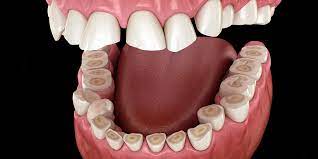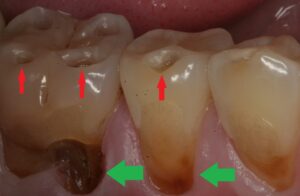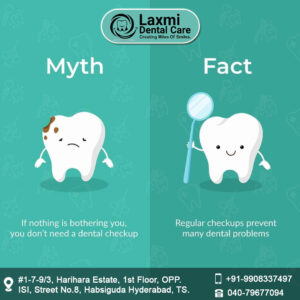DENTAL BRUXISM
Dental bruxism is a condition characterized by the habitual, involuntary grinding or clenching of teeth, typically during sleep. It can also occur during wakefulness and is often associated with stress, anxiety, or certain habits. Bruxism can lead to a range of dental and health issues if left untreated.
Here are key aspects of dental bruxism:
1. Signs and Symptoms:
Grinding Sounds: Grinding noises during sleep, are often noticed by a sleep partner.
Worn Tooth Surfaces: Wear on the biting surfaces of teeth.
Jaw Pain: Pain or discomfort in the jaw, face, or ears, especially upon waking.
Headaches: Chronic headaches, particularly in the temples.
Facial Pain: Pain or tenderness in the facial muscles.
Disrupted Sleep: Bruxism can disrupt sleep patterns and contribute to fatigue.
2. Causes:
Stress and Anxiety: Emotional stress and anxiety are common triggers for bruxism.
Malocclusion: Misalignment of teeth (malocclusion) can contribute to bruxism.
Sleep Disorders: Bruxism is often associated with certain sleep disorders.
Habitual Behaviors: Certain lifestyle factors, such as smoking or excessive alcohol consumption, may contribute to bruxism.
3. Complications:
Dental Damage: Bruxism can lead to worn-down tooth enamel, fractures, and tooth sensitivity.
TMJ Disorders: Prolonged bruxism can contribute to temporomandibular joint (TMJ) disorders, causing jaw pain and restricted jaw movement.
Headaches: Persistent headaches, particularly in the temporal region.
Sleep Disruption: Bruxism can disrupt normal sleep patterns and contribute to sleep disorders.
4. Diagnosis:
Dentists can diagnose bruxism by examining the wear patterns on teeth, listening to patient reports, and possibly recommending a sleep study for nocturnal bruxism.
5. Treatment and Management:
Mouthguards or Splints: Dental appliances, such as nightguards or splints, can be custom-fitted to protect the teeth and alleviate the effects of bruxism.
Stress Management: Addressing stress and anxiety through relaxation techniques, counseling, or stress-reducing activities may help reduce bruxism.
Behavioral Therapies: Cognitive-behavioral therapy (CBT) or biofeedback may be beneficial for managing bruxism.
Medications: Muscle relaxants or medications that address anxiety and stress may be prescribed in some cases.
Dental Restoration: Restorative dental procedures may be necessary to repair damage caused by bruxism.
Addressing Underlying Issues: Treating any underlying sleep disorders or addressing malocclusion can be part of the management plan.
6. Lifestyle Changes:
Avoiding Stimulants: Reducing the intake of stimulants such as caffeine and avoiding tobacco and excessive alcohol can contribute to symptom improvement.
Sleep Hygiene: Establishing good sleep hygiene practices may help promote better sleep and reduce bruxism.
If you suspect you or someone you know is experiencing bruxism, it’s important to seek professional dental advice. A dentist can assess the extent of the condition, provide appropriate treatment options, and help prevent potential complications associated with teeth grinding and clenching.




